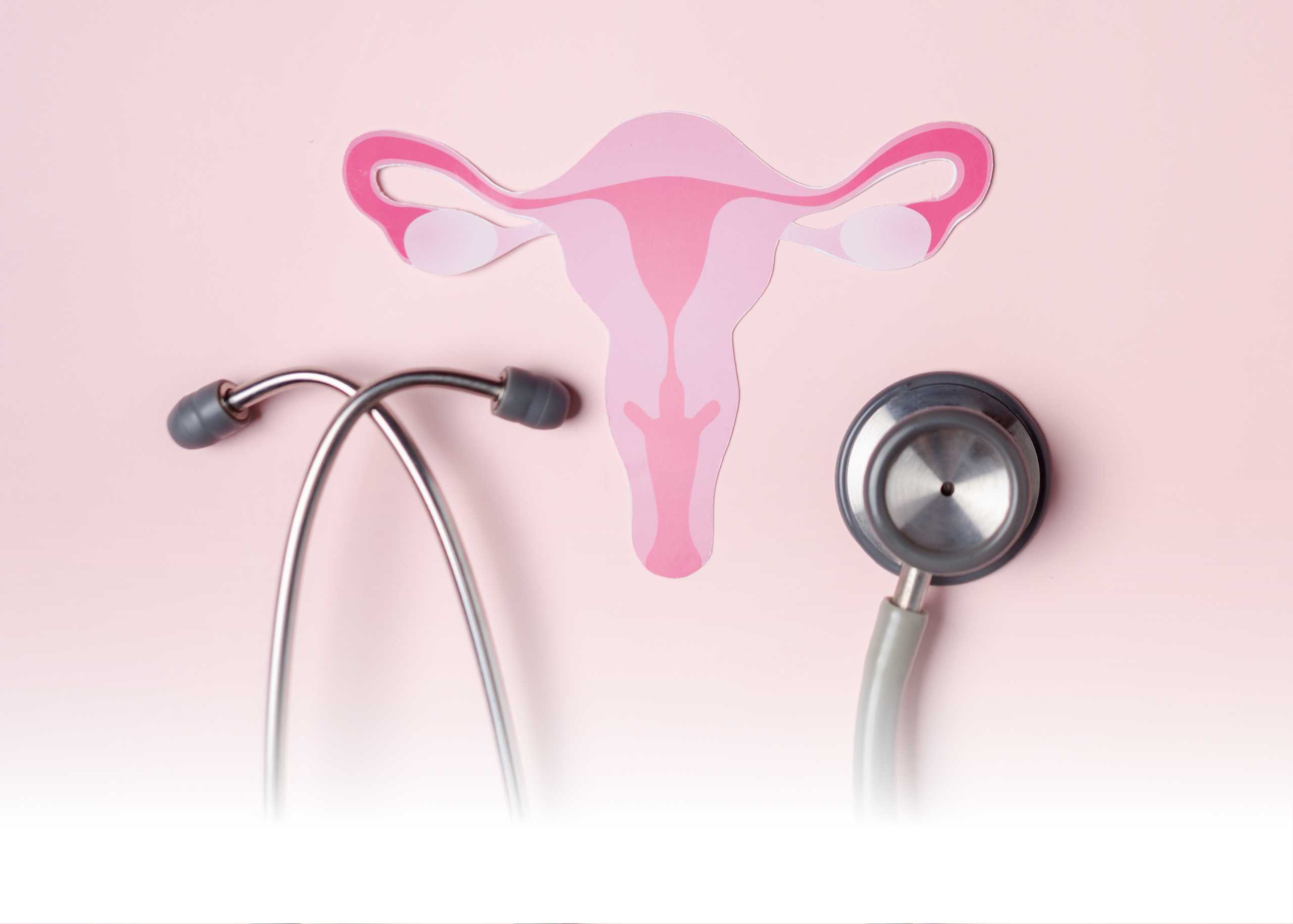Cervical cancer, a preventable and treatable disease when caught early, remains a significant health concern for women worldwide. However, with increased awareness and proactive cervical cancer screening, we have the power to change this narrative. This blog post aims to shed light on cervical cancer, demystify screening procedures, and empower more women to prioritize their health through regular checks.
Understanding Cervical Cancer: Causes, Symptoms, Diagnosis & Treatment
Cervical cancer originates in the cells of the cervix, the lower part of the uterus that connects to the vagina. The vast majority of cervical cancer cases are caused by persistent infection with certain high-risk types of the Human Papillomavirus (HPV). HPV is a very common sexually transmitted infection, and while most HPV infections clear on their own, persistent infection with high-risk types can lead to abnormal cell changes that, over time, may develop into cancer.
Causes of Cervical Cancer:
- HPV Infection: As mentioned, this is the primary cause.
- Other Risk Factors: While HPV is crucial, other factors can increase the risk, including a weakened immune system, smoking, long-term use of oral contraceptives, multiple full-term pregnancies, and a family history of cervical cancer.
Symptoms of Cervical Cancer:
In its early stages, cervical cancer often presents no noticeable symptoms. This is precisely why regular screening is so vital. As the cancer progresses, symptoms may include:
- Unusual vaginal bleeding (after intercourse, between periods, or after menopause)
- Watery, bloody, or foul-smelling vaginal discharge
- Pelvic pain or pain during intercourse
- Changes in bladder or bowel habits (in advanced stages)
How to Diagnosis Cervical Cancer
Diagnosis typically involves:
- Pap Test (Pap Smear): Detects abnormal cervical cells.
- HPV Test: Detects the presence of high-risk HPV types.
- Colposcopy: If screening tests show abnormalities, a colposcopy allows the doctor to view the cervix more closely using a magnifying instrument.
- Biopsy: A small tissue sample is taken during a colposcopy for laboratory analysis to confirm the presence of cancer.
Cervical Cancer Treatments:
Treatment options vary depending on the stage of the cancer and may include:
- Surgery: To remove the cancerous tissue.
- Radiation Therapy: Uses high-energy rays to kill cancer cells.
- Chemotherapy: Uses drugs to kill cancer cells throughout the body.
- Targeted Therapy: Uses drugs that target specific vulnerabilities in cancer cells.
The Cornerstone of Prevention: Cervical Cancer Screening
Cervical cancer screening is your most powerful tool in preventing this disease or detecting it early when it’s most treatable. The two primary screening tests are:
Cervical Cancer Screening: Pap and HPV Tests – Your NCCC Guide
The National Comprehensive Cancer Network (NCCN) guidelines, along with other leading health organizations, emphasize the importance of both the Pap test and the HPV test for effective cervical cancer screening.
- The Pap Test (Pap Smear): This test involves collecting cells from your cervix to look for abnormal changes that could indicate precancerous conditions or cancer. It can detect abnormal cells even before they become cancerous.
- The HPV Test: This test checks for the presence of high-risk types of HPV in your cervical cells. Since HPV is the primary cause of cervical cancer, identifying its presence helps assess your risk.
Who should be screened and how often? Screening guidelines can vary slightly by region and individual risk factors, but generally:
- Women aged 21-29: Typically recommended for a Pap test every three years. HPV testing is not routinely recommended in this age group unless the Pap test is abnormal.
- Women aged 30-65: Preferred screening is co-testing (Pap test and HPV test together) every five years. A Pap test alone every three years is also an acceptable option.
- Women over 65: May be able to stop screening if they have had adequate negative screening results in the past and no history of serious cervical precancer.
It’s crucial to discuss your individual screening schedule with your doctor, as factors like medical history, HPV vaccination status, and previous abnormal results can influence recommendations.
Cervical Cancer Screening and Prevention
Beyond regular screening, there are other vital steps you can take for cervical cancer prevention:
- HPV Vaccination: The HPV vaccine is a highly effective way to prevent infection with the HPV types that most commonly cause cervical cancer. It is recommended for girls and boys typically starting around age 11 or 12, but can be given to young adults up to age 26, and in some cases, up to age 45.
- Safe Sexual Practices: Using condoms consistently and correctly can reduce the risk of HPV transmission.
- Quitting Smoking: Smoking significantly increases the risk of cervical cancer in women with HPV.
- Regular Check-ups: Maintaining good overall health and discussing any concerns with your healthcare provider.
Cervical Cancer Screening in High-Risk Patients
For certain individuals, a more frequent or specialized screening approach may be necessary. High-risk patients can include:
- Women with a history of abnormal Pap or HPV tests.
- Those with a weakened immune system due to conditions like HIV or organ transplant.
- Individuals exposed to diethylstilbestrol (DES) before birth.
If you fall into a high-risk category, your doctor will tailor a personalized screening plan to ensure optimal surveillance and early detection.
Specialist Doctors for Cervical Cancer
When it comes to cervical cancer prevention, diagnosis, and treatment, the multidisciplinary team of specialists at Medeor Hospital, Abu Dhabi will involve :
- Gynecologists: These are the primary care providers for women’s reproductive health and are often the first point of contact for cervical cancer screening and initial diagnosis.
- Oncologists (Gynecologic Oncologists): These specialists are trained in the diagnosis and treatment of cancers of the female reproductive system. They manage complex cases and oversee treatment plans.
- Radiation Oncologists: Doctors who specialize in using radiation therapy to treat cancer.
- Medical Oncologists: Doctors who specialize in using chemotherapy and other medical therapies to treat cancer.
- Pathologists: Crucial for accurately diagnosing cancer by examining tissue samples.
Frequently Asked Questions (FAQs)
1. What is cervical cancer screening and why is it important?
Cervical cancer screening is a medical test that checks for precancerous or cancerous cells in the cervix. It is essential because it helps detect changes early—before they become cancer—making treatment more effective and improving survival rates.
2. How often should you get a Pap smear or HPV test?
Women aged 21–29 should get a Pap smear every 3 years. Women aged 30–65 can choose a Pap smear every 3 years, an HPV test every 5 years, or both tests every 5 years. Your doctor may adjust the schedule based on your medical history.
3. What are the symptoms of cervical cancer to watch for?
Early-stage cervical cancer often has no symptoms. As it progresses, signs may include abnormal vaginal bleeding, pelvic pain, pain during sex, and unusual vaginal discharge. Regular screening is crucial because it can detect issues before symptoms appear.
4. Who should get the HPV vaccine and does it replace screening?
The HPV vaccine is recommended for preteens (boys and girls) at age 11 or 12, but it can be given up to age 26—and sometimes later. However, it does not replace regular cervical cancer screening, as it doesn’t protect against all HPV types.
5. Can cervical cancer be prevented?
Yes, cervical cancer is one of the most preventable cancers. Routine Pap smears, HPV testing, getting the HPV vaccine, and practicing safe sex are the most effective ways to reduce your risk.
In a nutshell
As we conclude this vital discussion on cervical cancer awareness, remember that knowledge is your first line of defense, and early detection is key to successful outcomes. Prioritizing your health with regular cervical cancer screening is a powerful step towards a healthier future.
At Medeor Hospital, Abu Dhabi, we are committed to providing comprehensive women’s health services, including advanced cervical cancer screening and preventive care. Our dedicated team understands the importance of a comfortable and supportive environment for these crucial appointments.
We highly recommend consulting with our experienced specialists, Dr. Nihal Harris and Dr. Richa Saini, both highly regarded best Obstetricians and Gynecologists at Medeor Hospital, Abu Dhabi. Their expertise, compassionate approach, and commitment to women’s well-being ensure you receive the highest standard of care during your cervical cancer screening and beyond. They are equipped to address your concerns, guide you through the screening process, and provide personalized advice for your reproductive health.
Don’t delay. Your health can’t wait. Take control of your well-being by scheduling your cervical cancer screening today at Medeor Hospital, Abu Dhabi. Contact us to book an appointment with Dr. Nihal or Dr. Richa and take that essential step towards protecting your future.








